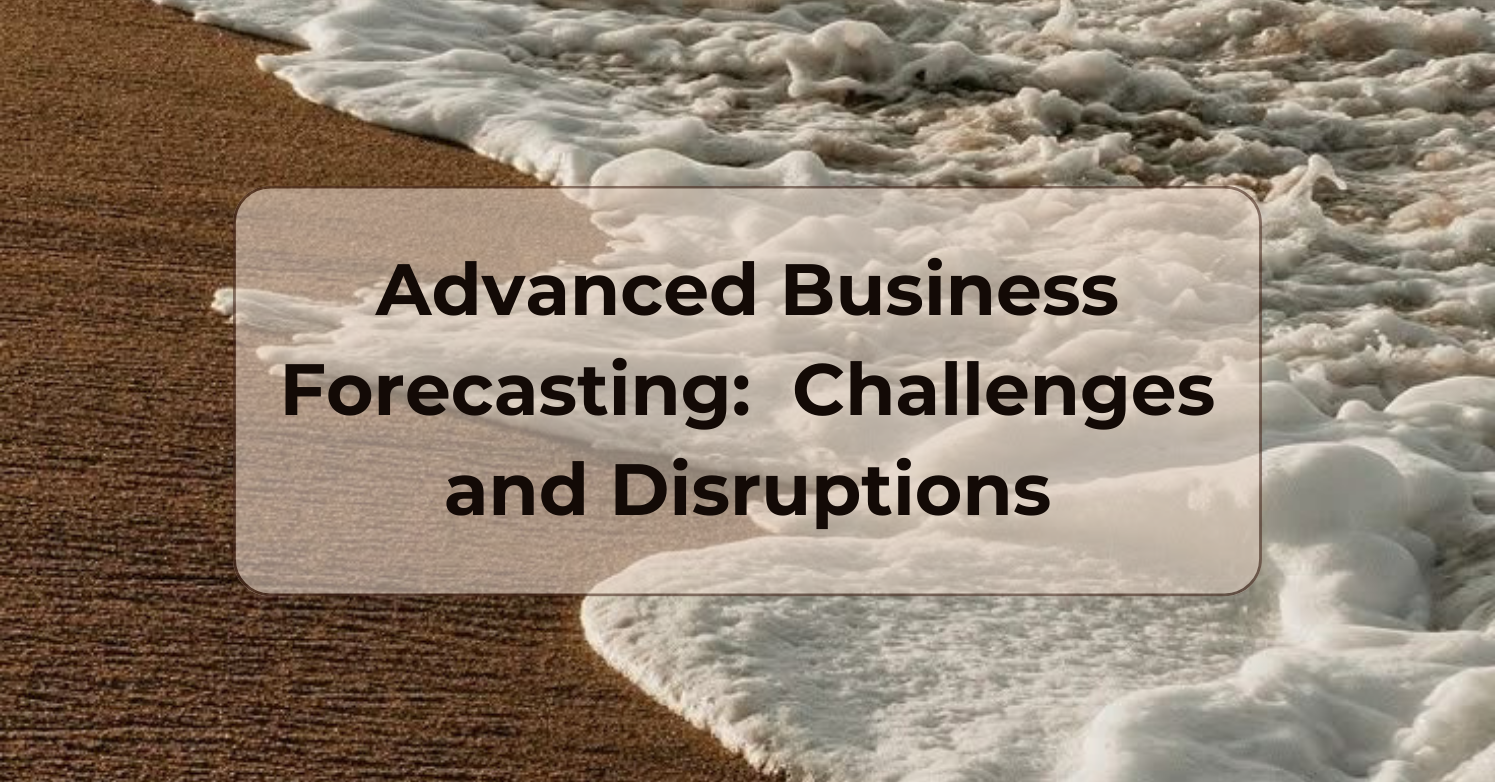In an era of constant change and digital transformation, companies face numerous challenges. Economic volatility, technological advancements, and global disruptions require businesses to adapt quickly. Effective business forecasting has become a vital tool to navigate these complexities. Advanced business forecasting incorporates predictive analytics, artificial intelligence (AI), and automation to enhance decision-making and operational efficiency. It plays a crucial role in modern futurology.
Recent statistics highlight the growing importance of predictive analytics. According to market research, the global business forecast market is projected to reach $35.45 billion by 2027, with a compound annual growth rate (CAGR) of 21.9% (source: Mordor Intelligence). Moreover, AI-driven automation is expected to handle 45% of data management tasks, significantly improving the speed and accuracy of business forecasts (source: Gartner). Additionally, forecasting plays a key role in budgeting, helping companies set financial goals and anticipate market shifts (source: Brixx).
This article explores the latest trends in business forecasting and futurology, analyzes the factors driving adoption, and examines its growing influence on industries worldwide. Future projections and strategic recommendations will also be discussed.
The Evolution of Business Forecasting in Futurology
Traditional business forecasting depended on historical data and human intuition. However, big data and AI have transformed the process, making it more precise and adaptable. Today’s business forecasts leverage machine learning, real-time data, and automation to generate more accurate insights. This shift has made forecasting a crucial part of futurology.
The Role of Predictive Analytics
One of the biggest advancements in business forecasting is predictive analytics. By analyzing historical patterns and applying statistical models, businesses can anticipate future market trends, consumer behaviours, and supply chain disruptions. According to Mordor Intelligence, predictive analytics is growing rapidly due to its ability to reduce uncertainty and enhance planning.
AI-Driven Insights
AI-driven business forecasting models analyze massive amounts of structured and unstructured data. These include economic indicators, social media trends, and geopolitical events. Businesses can use these insights to identify emerging patterns and adjust strategies accordingly. For example, AI-powered demand forecasting in retail helps optimize inventory, reducing waste and improving profitability.
Key Trends Driving the Adoption of Advanced Business Forecasting and Futurology
Several factors contribute to the increasing reliance on business forecasting:
1. The Rise of Big Data and AI
The explosion of data from digital transactions, IoT devices, and online interactions has created new opportunities. Machine learning algorithms can now analyze vast datasets in real-time. This leads to more accurate business forecasts. As reported by Gartner, automated data management is expected to grow by 45%, enhancing decision-making efficiency.
2. Market Volatility and Disruptions
Global supply chain disruptions, economic fluctuations, and geopolitical tensions continue to impact businesses. To mitigate risks, companies must adopt advanced business forecasting techniques. Predictive analytics helps organizations model various scenarios and prepare contingency plans, reducing potential losses.
3. Integration of Forecasting into Financial Planning
Financial business forecasting is essential for resource allocation and long-term growth. According to Brixx, precise business forecasts help organizations set financial goals, predict cash flow trends, and identify investment opportunities. AI-driven financial models adjust dynamically to market conditions.
The Impact of Advanced Business Forecasting on Business Strategy
The implementation of advanced business forecasting methods brings significant benefits:
1. Improved Decision-Making
By using predictive analytics, businesses reduce their reliance on intuition. They can base their strategies on data-driven insights, leading to better decision-making and strategic planning.
2. Gaining a Competitive Edge
Companies investing in business forecasting gain an advantage by anticipating market trends before their competitors. This allows them to meet consumer demands efficiently and innovate proactively.
3. Effective Risk Management
Uncertainty is one of the biggest challenges in business. AI-powered business forecasting models help organizations identify risks early and develop mitigation strategies. This is especially crucial in finance, where market fluctuations can have significant consequences.
Future Outlook and Predictions in Business Forecasting and Futurology
As technology advances, the future of business forecasting will be shaped by several key trends:
1. AI and Machine Learning Expansion
AI-driven business forecasting tools will become even more sophisticated. Businesses will be able to process and analyze larger datasets, resulting in more accurate business forecasts.
2. Real-Time Forecasting
Traditional business forecasting relies on static data, which makes it difficult to respond to rapid market changes. The future will see a shift towards real-time forecasting, where businesses continuously update predictions based on live data.
3. Blockchain Integration
Blockchain can improve the accuracy and security of business forecasting by ensuring transparent and tamper-proof data records. This is especially valuable for supply chain forecasting, where data integrity is critical.
4. Personalized Forecasting for Consumers
AI-powered analytics will allow businesses to offer personalized business forecasts based on customer preferences. This will enhance customer experience and improve brand loyalty.
Conclusion
Advanced business forecasting is no longer optional. Companies need to navigate today’s complex and unpredictable market. By leveraging AI, predictive analytics, and automation, businesses can improve their strategic planning, enhance decision-making, and secure a competitive edge.
To stay ahead, companies must embrace new technologies, continuously refine their business forecasting models, and foster a data-driven culture. This approach will help them prepare for future challenges and disruptions, ensuring long-term success in an ever-changing business environment.
Our expert guidance in business forecasting will help you mitigate threats and transform external challenges into strategic opportunities. Partner with us to secure your future. [Contact Us]





